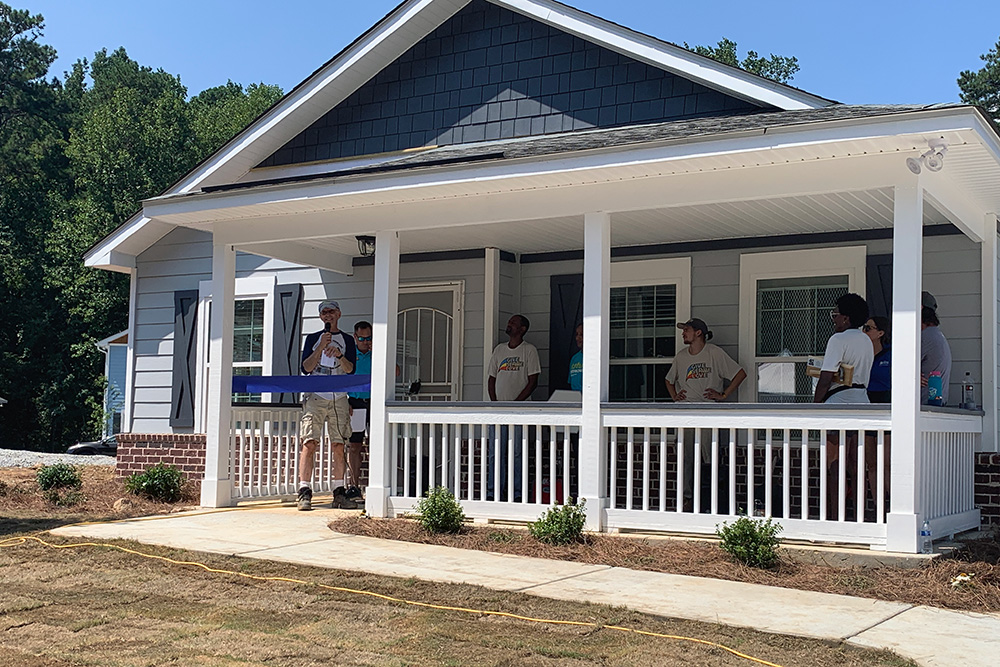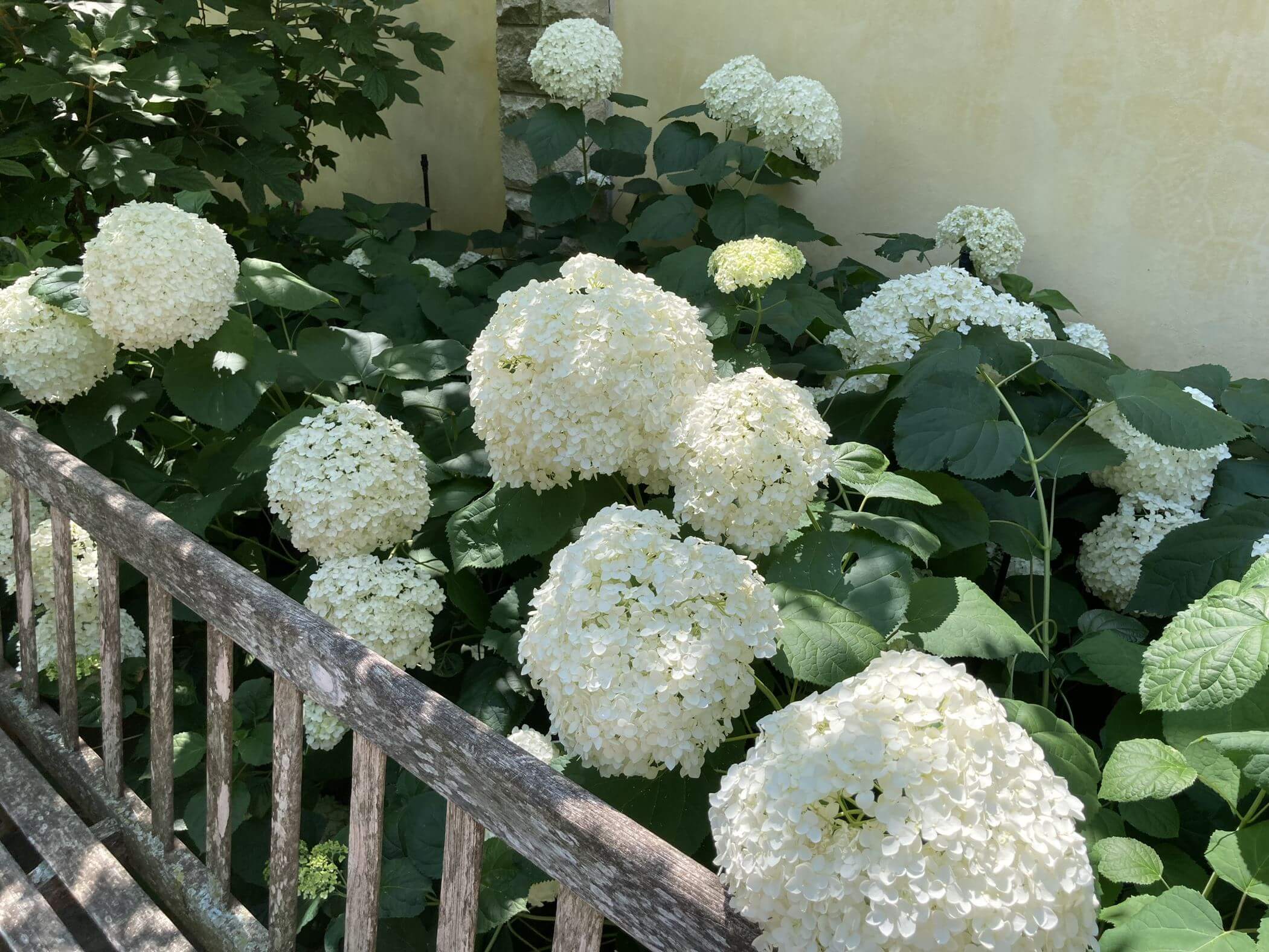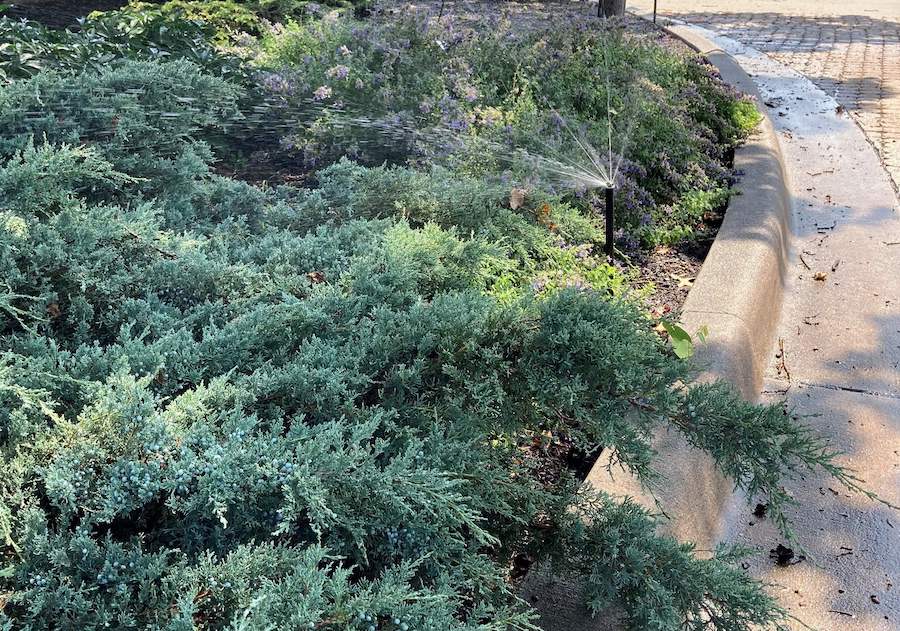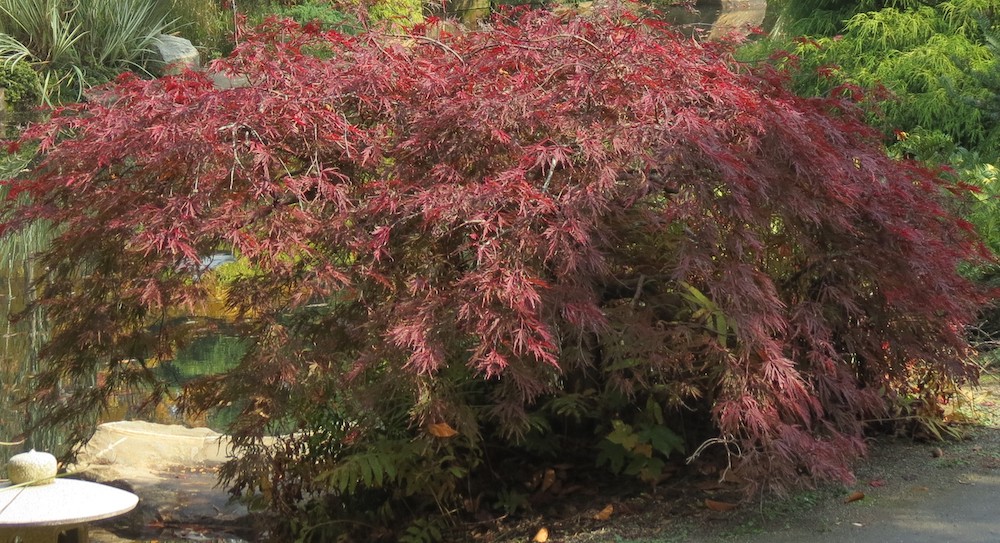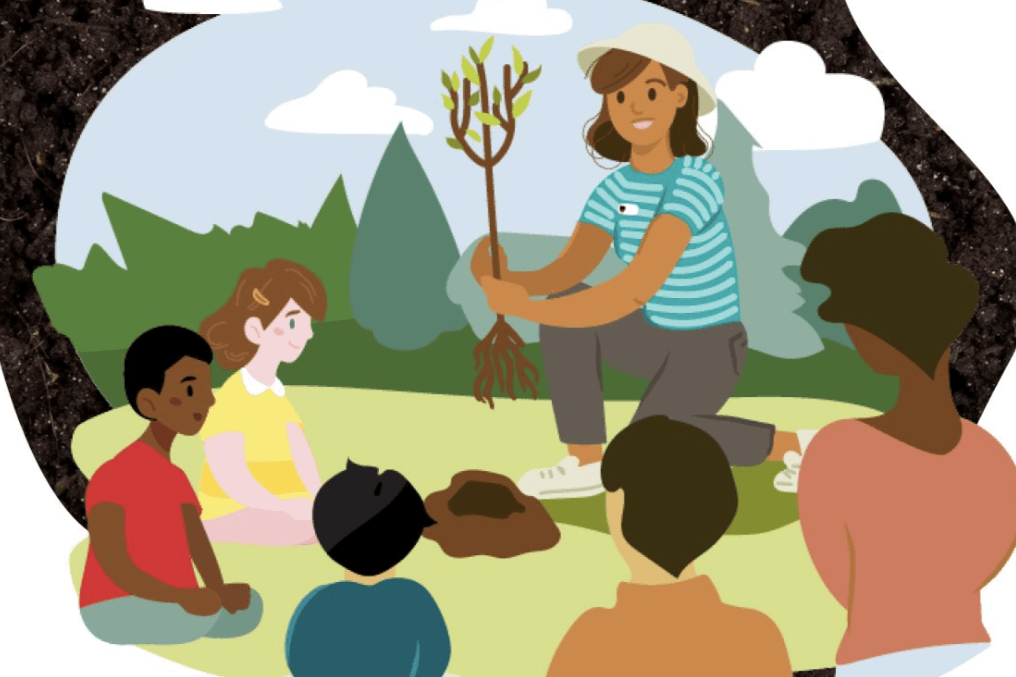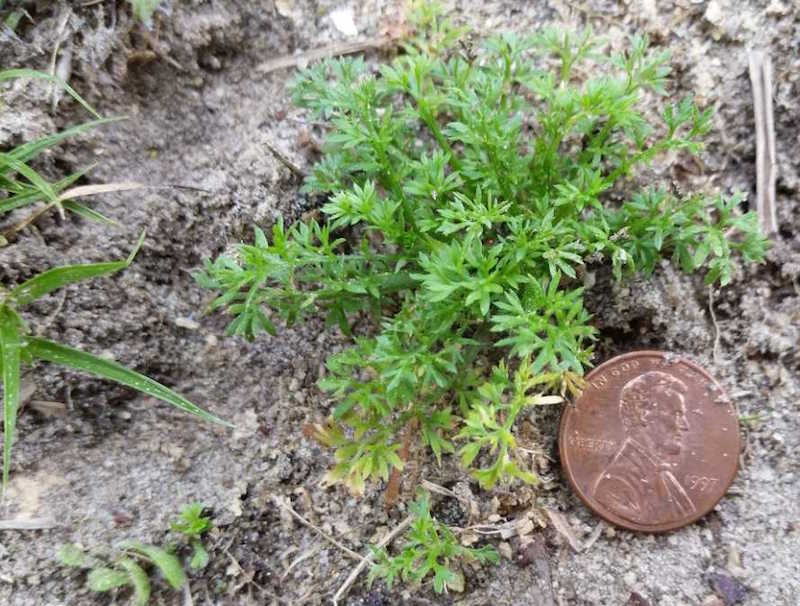Georgians have gotten through another late winter freeze. Now it’s time to figure out which plants were damaged in the home landscape.
Keep in mind that it sometimes takes a few days to notice significant damage to plants. Scout now and double-check a few days later to ensure that you did not miss anything.
It’s unlikely, but we could still get a cold snap, so do not act too quickly and begin pruning damaged areas on your plants. The dead tissue can act as an insulator against more damage that might occur with another freeze.
As a University of Georgia Cooperative Extension county agent, my suggestion is to wait until you can see new growth in a couple of weeks, then prune the dead material at that point. Prune down to a healthy, live bud and let that be the new growing point.
This year may also be a good time to prune several times throughout the growing season. This will help thicken any shrubs that get spindly. Take it slow and prune only a little at a time. You can always take off more later.
You may think that you should fertilize the shrubs and lawn and that doing so will help them recover. Now is not the time to fertilize. Wait to fertilize until there is no threat of cold weather and there is significant new growth on your plants.
Plants need to be actively growing before they can use any fertilizer. Otherwise, the fertilizer will become part of runoff and contaminate waterways and lakes.
The same goes for lawns. Unless you have a tall fescue grass lawn, wait until 50 percent of the lawn is green before fertilizing. A fescue lawn can be fertilized now since it is actively growing.
The only good thing about the late freeze is its effect on crabgrass. Any plants that have germinated probably got nipped back, but plenty of seed is out there and can still germinate for the year. However, it’s not too late to apply a pre-emergent herbicide to control crabgrass.
It will take a while for landscapes to get back to normal, so be patient. It looks like the next big hurdle will be the continuation of the dry weather and the drought that will start again this spring.
Let’s all hope for rain this growing season.

